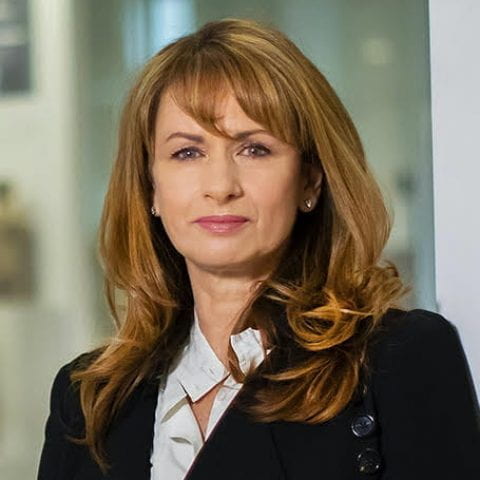Keynote: “RUINED: How and Why We Weaponize the Past”

Guerlac Room, A.D. White House
Keynote talk by Lynn Meskell (University of Pennsylvania; A.D. White Professor-at-Large at Cornell)
“RUINED: How and Why We Weaponize the Past”
Thursday, Sept. 25, at 4:30pm
Guerlac Room, A.D. White House
Open to all. Light reception to follow.
Cosponsored by Cornell Institute of Archaeology and Materials Studies (CIAMS).
Abstract: How did global heritage become the new battlespace for 21st-century warfare? Nations and non-state actors alike increasingly use the ruins of the past to leverage legal, political and territorial competition. This talk examines the roles of two intersecting international organizations that seek to combat the fallout from ruin warfare and their respective aspirations for mission success. The first, UNESCO, established after the Second World War and dedicated to world peace through culture and co-operation, has inherited a ruinous legacy of war and destruction. The other is NATO, a Cold War military alliance that must now confront cultural heritage in both its protective and punitive missions. Within the international order, along a spectrum of peace and war, both are struggling to contain the conflictual status of cultural heritage.
I reveal how the past is progressively militarized, securitized, and legalized across an array of formal settings from UNESCO to NATO. Heritage, I argue, has become the ultimate force multiplier. Whether in outsized claims for fostering world peace and resilience on one hand or ensuring maximum devastation and intergenerational trauma on the other, deploying the past is decisive. Protecting heritage is now considered vital for multilateral agencies and governments alike to combat illicit trafficking, terror financing, cultural cleansing, and crimes against humanity. At the same time, the past, particularly the heritage of wars past, is alternatively weaponized by governments to reify and enflame conflict anew. Termed ‘cultural heritage exploitation,’ or CHX, such hostile threats to security now constitute the subject of intensifying legal regimes of accountability and claims of cultural cleansing and genocide. Bringing us full circle, those same sites of trauma are recursively celebrated at UNESCO on its register of international heritage inscriptions. Heritage assets, once positioned as global goods throughout the 20th century, are being transformed into the weapons of war in the 21st. Charting these developments, I ask, how have the celebrated sites of humanity’s collective past been instrumentalized into a new future of risk and ruin?
Lynn Meskell is a world-renowned archaeologist and anthropologist whose work has transformed thinking on the way human society is shaped by a material world of bodies, places, things, and the ruins of the past. She is a recognized leader in fields that range from the archaeology of Egypt and Neolithic Anatolia to the ethnographic study of global heritage institutions.
Meskell holds joints joint appointments at the University of Pennsylvania, in the Department of Anthropology of the School of Arts & Sciences, the Departments of Historic Preservation and City & Regional Planning in the Weitzman School of Design, and the Penn Museum, as a curator in both the Asian and Near East sections. In June 2025, Meskell was named as a 2026 Getty Scholar. And in July 2025, Meskell was elected as a Fellow of the British Academy, the United Kingdom’s national academy for the humanities and social sciences. in honor of her outstanding contributions to the humanities and social sciences.
In May 2025, in collaboration with NATO, Meskell delivered the major lecture, “RUINED: How and Why We Weaponize the Past,” at the CBRL Amman Institute (Jordan), exploring how both UNESCO and NATO are grappling with the militarization and securitization of cultural heritage. Full bio.
